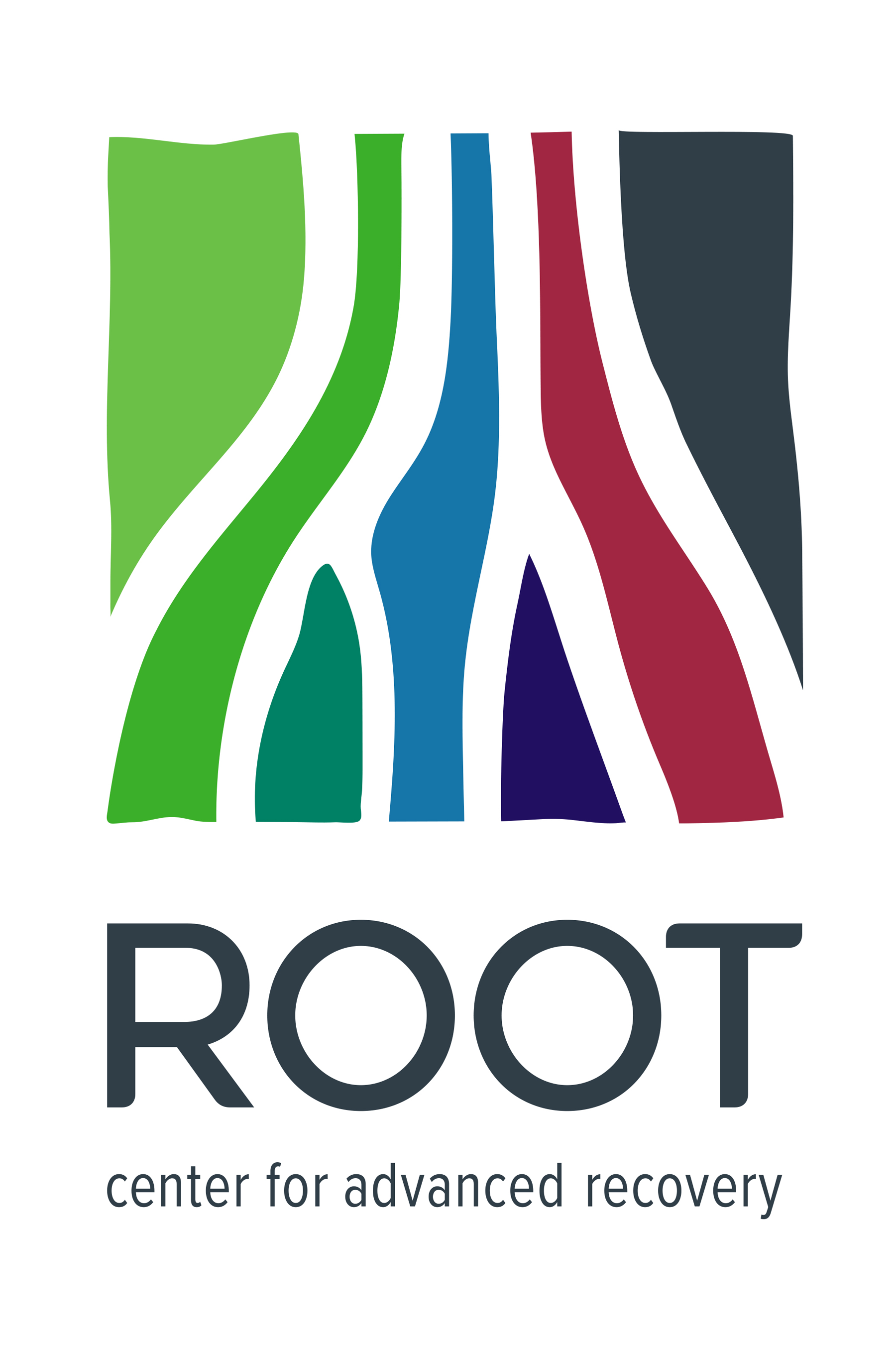Mental Health Services
SERVICES | MENTAL HEALTH SERVICES
MENTAL HEALTH SERVICES AT ROOT
History has been unkind to people with mental health disorders, leading to mistreatment, misconceptions, and misunderstandings. It is because of that pattern that people with mental health disorders often shy away from treatment, afraid of the vulnerability associated with acknowledging that they need help. For you or a loved one, that feeling can end today.
Root Center for Advanced Recovery offers caring and compassionate treatment for mental health disorders in our centers throughout Connecticut, providing a variety of services tailored to the patient’s wants, needs, and comfort level.
Depending on the patient’s unique circumstances, the Root Center may suggest individual counseling, group counseling, family counseling, or medication management. We also have programs tailored specifically to meet the needs of our adolescent patient population.
Together, we work with our patients on a treatment plan that gives them peace and mental clarity.


